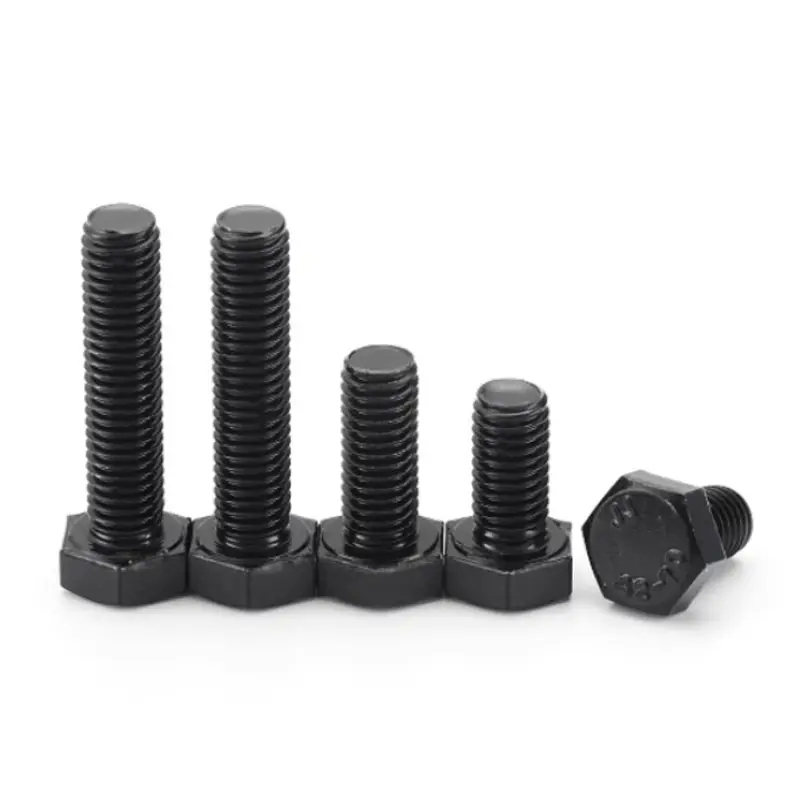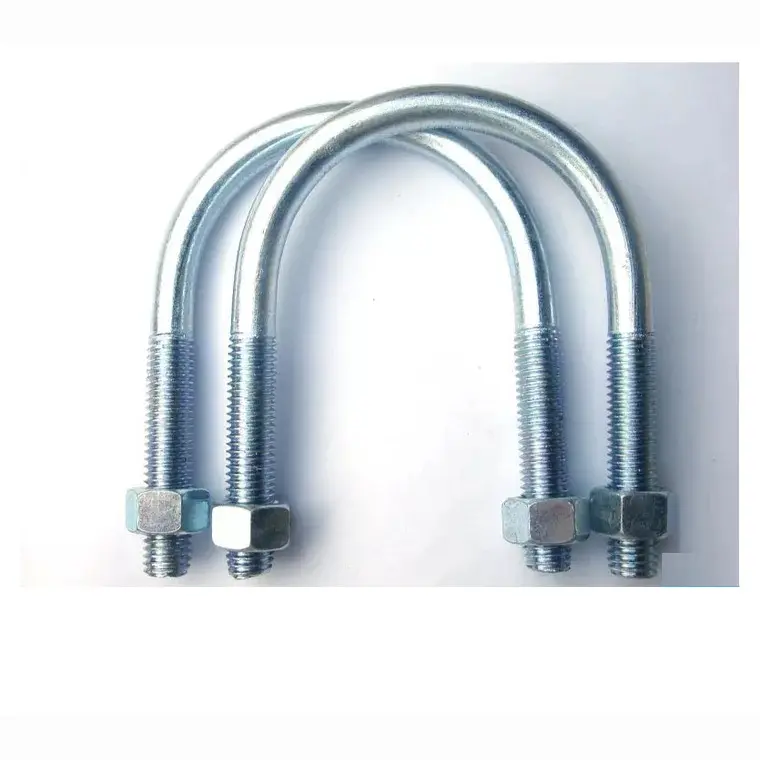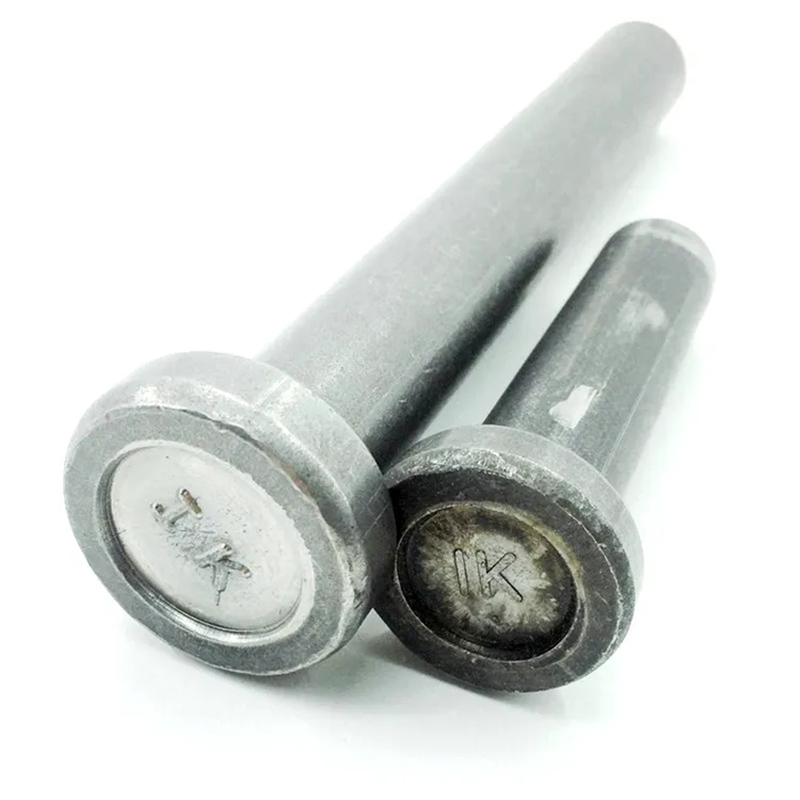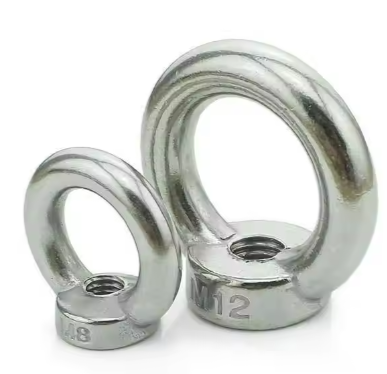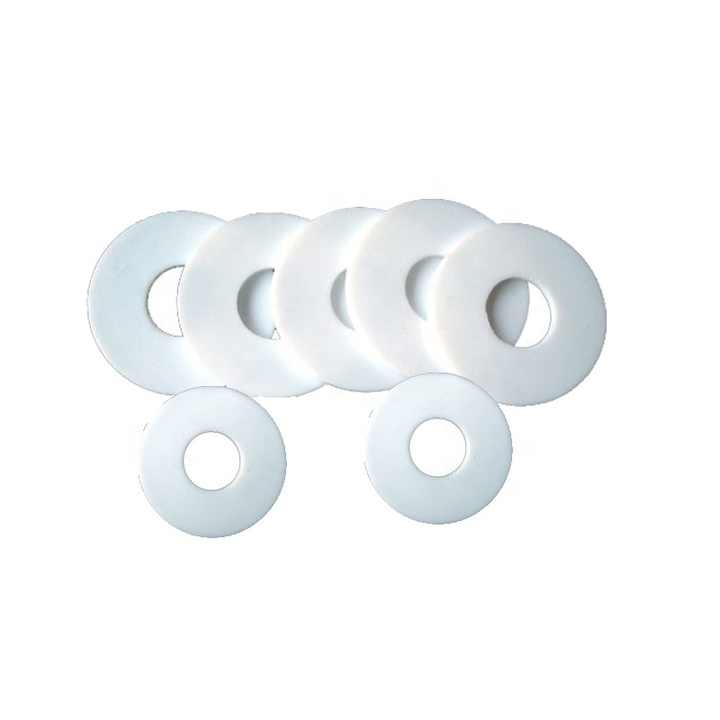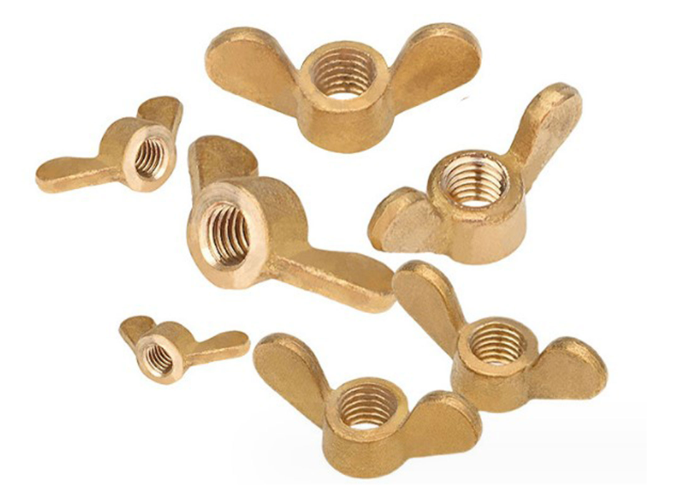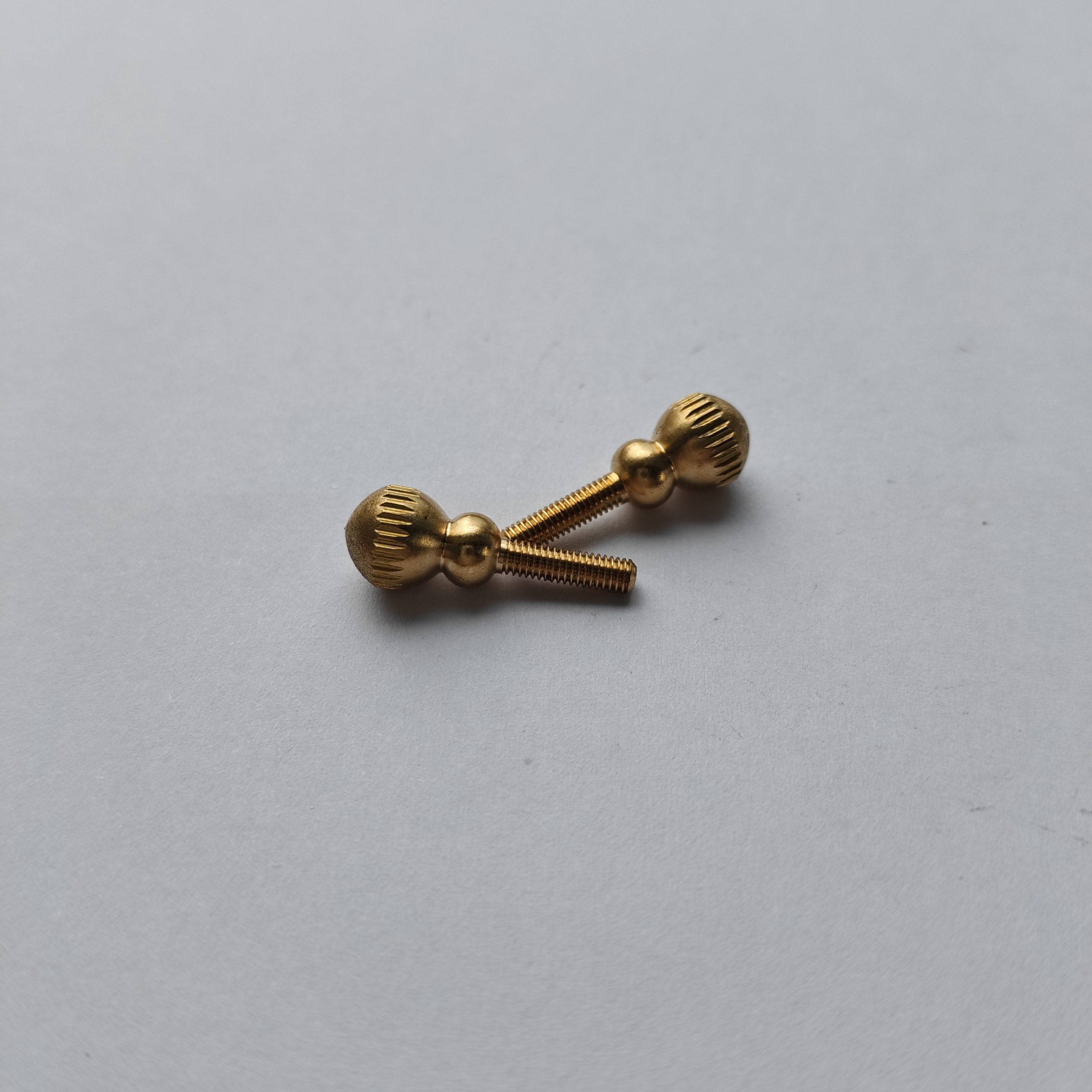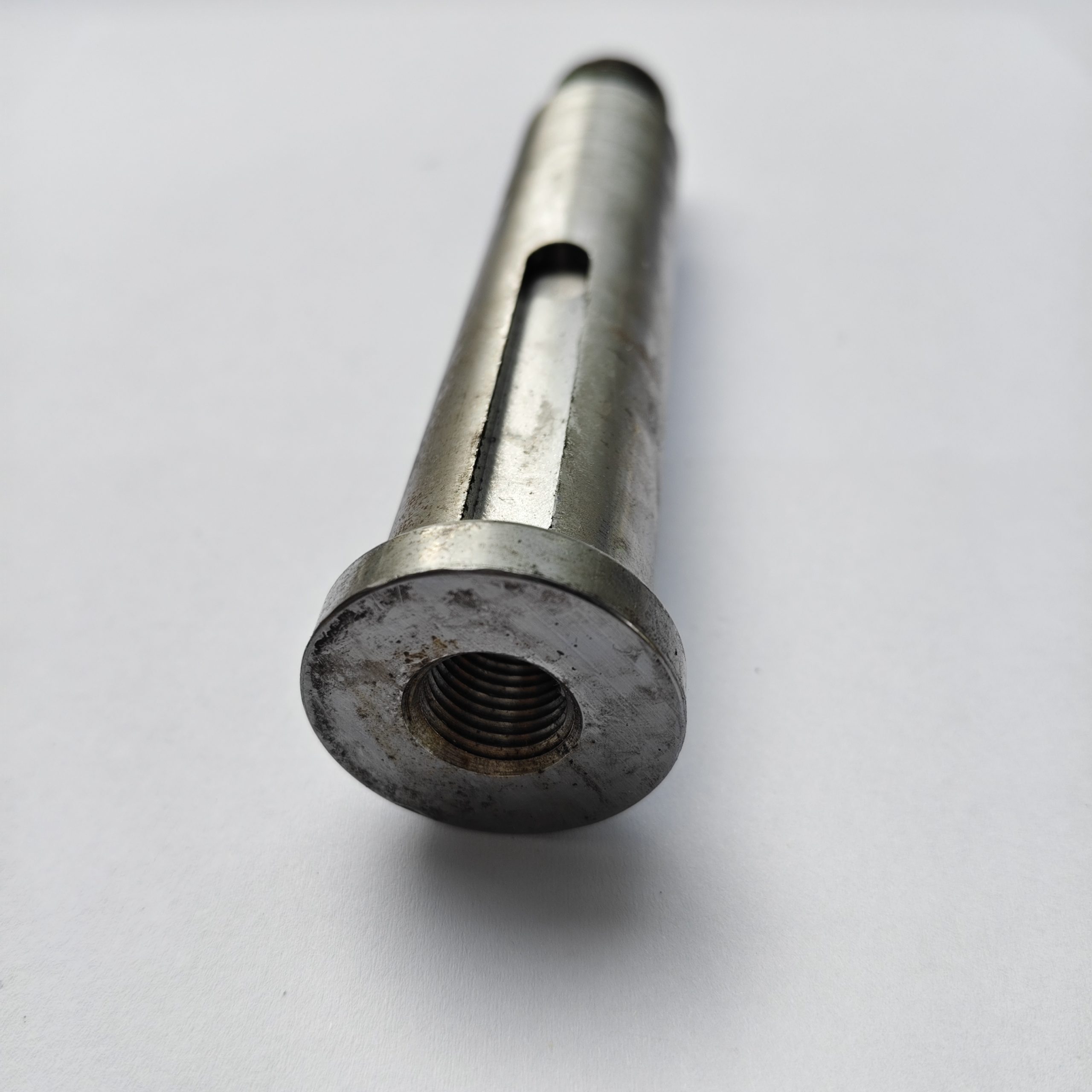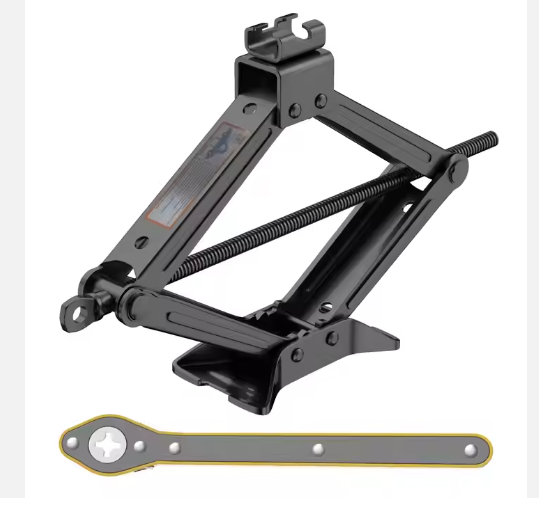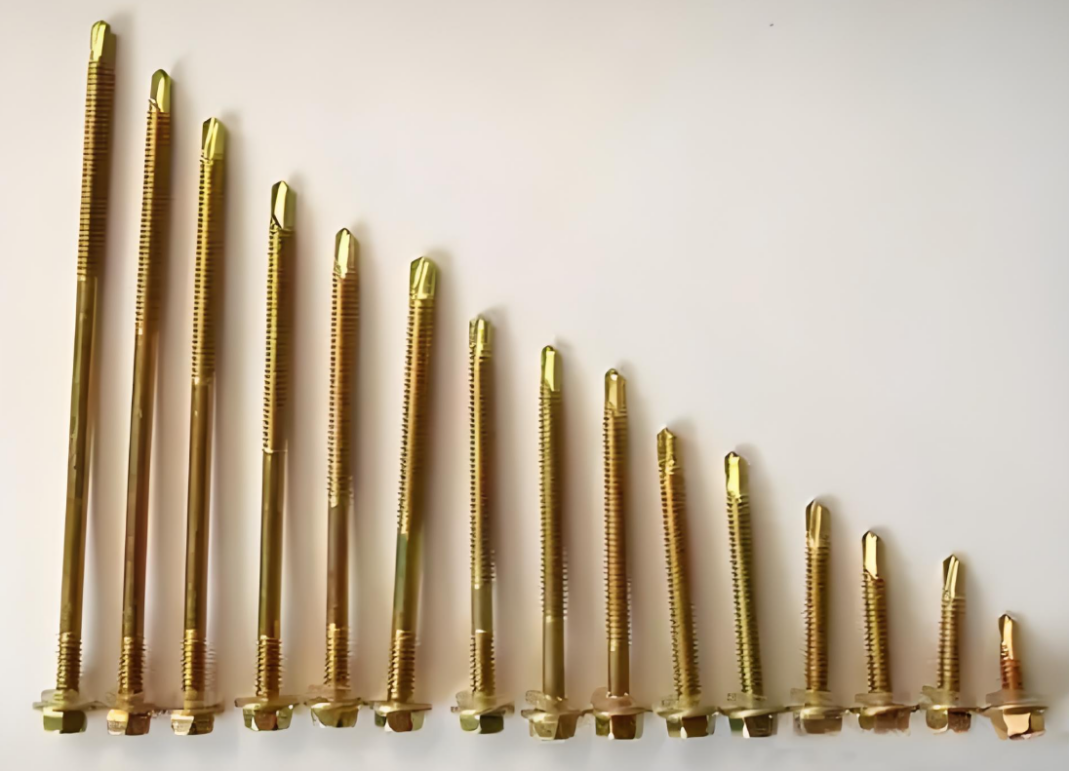

This guide provides a thorough overview of M6 rivet nuts, covering their selection, installation, applications, and key considerations for buyers. We explore various types, materials, and specifications to help you make an informed decision when purchasing M6 rivet nuts. Learn about the benefits of using rivet nuts and find resources to help you with your next project.
M6 rivet nuts are internally threaded fasteners installed into a pre-punched hole. They are widely used in various industries because of their ability to create strong, permanent threads in thin sheet metal or other materials where conventional nuts and bolts are unsuitable. The M6 refers to the metric thread size, indicating a 6mm diameter. This size offers a balance of strength and versatility, making it a popular choice.
Several types of M6 rivet nuts exist, each with its own set of characteristics and applications:
The material of your M6 rivet nut should be chosen based on the application's requirements. Factors to consider include strength, corrosion resistance, temperature resistance, and conductivity. Stainless steel is a popular choice for its corrosion resistance, while aluminum is preferred for its lightweight properties.
When purchasing M6 rivet nuts, pay attention to several key specifications:
Installing M6 rivet nuts typically requires a rivet nut tool. These tools use either manual or pneumatic power to expand the rivet nut's mandrel, securely fastening it in place. Specific tool selection depends on material and application.
| Tool Type | Advantages | Disadvantages |
|---|---|---|
| Manual Rivet Nut Tool | Cost-effective, portable | Requires more physical effort, slower installation |
| Pneumatic Rivet Nut Tool | Faster installation, less physical effort | Requires compressed air, higher initial cost |
M6 rivet nuts are used in a wide variety of applications, including:
For high-quality M6 rivet nuts and other fasteners, consider exploring the range offered by Hebei Dewell Metal Products Co., LTD. They offer a wide selection to meet your specific needs.
Choosing the right M6 rivet nuts for your project involves understanding their various types, materials, and installation methods. By carefully considering the specifications and application requirements, you can ensure a secure and reliable fastening solution. Remember to always source your fasteners from reputable suppliers to maintain quality and consistency.

